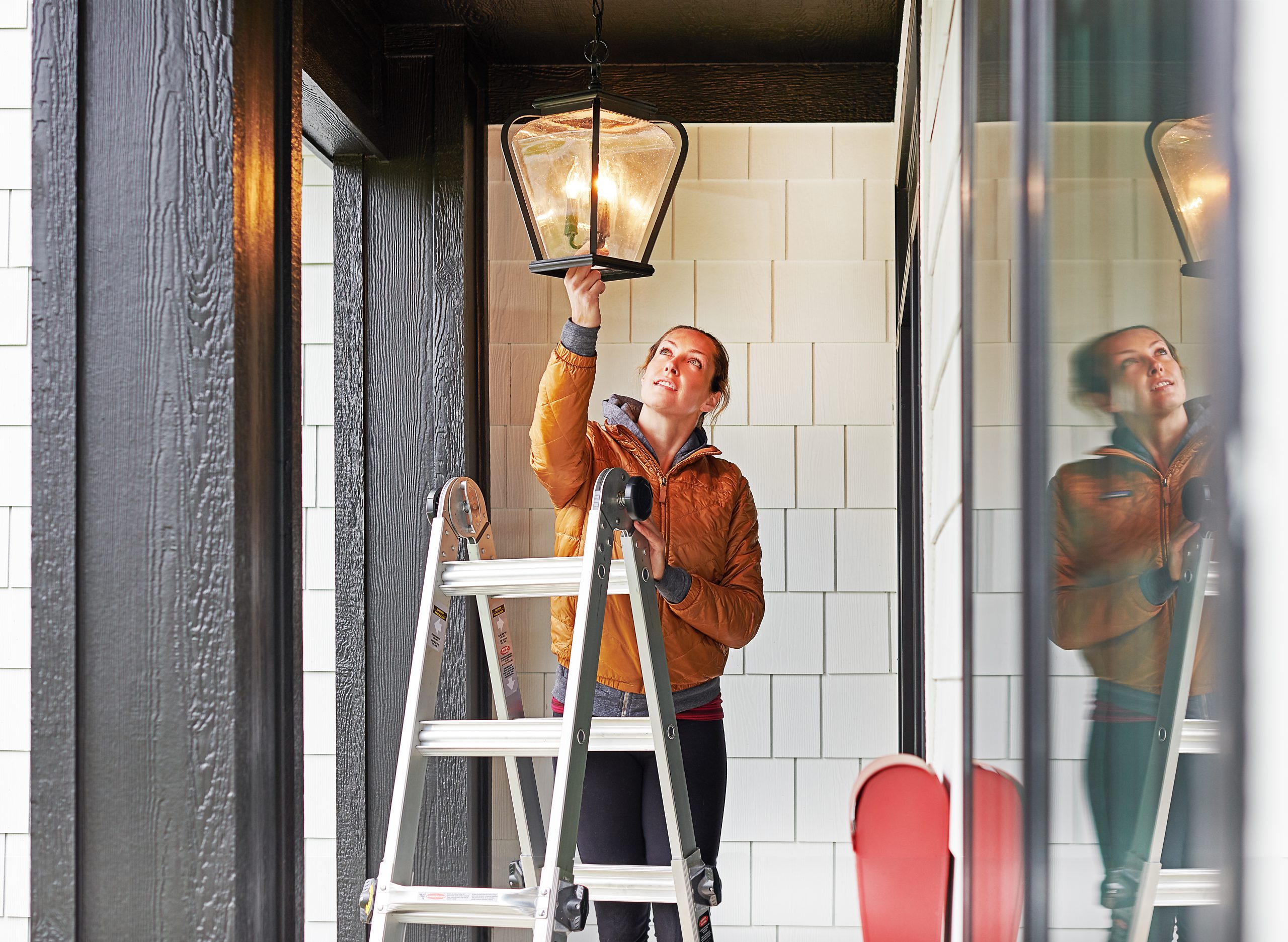
First-time buyers rarely find their dream home. When entering the market, they’re usually focusing on more affordable properties with a keen eye for position, land size and potential.
Most new owners are grateful to be finally in the real estate game, but that novelty eventually wears off, and it’s natural to begin to think about how to maximise the value of your new home and how you can climb the property ladder.
It’s easy to be a little intimidated by the cost and complexity of home improvements that offer the best chance to secure a great price when it’s time to sell.
It’s tempting to look at your home and focus on areas that need the most attention. But that may not be the right approach if selling is the ultimate goal.
Below is a list of tips on how to approach renovating your first home.
- Don’t over-capitalise – Don’t spend more money on a renovation than the value that it will add to your home. For example, a kitchen would be worth no more than 15% of a property price. The quality of the renovation should fit the ultimate end value of the home.
- Clarity is critical – Be sure of what you wish to do and achieve. Vague plans end up costing a lot of money and not always producing the finish you were seeking. Getting clear on your goals will also deliver a more accurate budget.
- Budget for reality – It’s easy to under-cook your budget. Not only should you be honest with yourself about the cost of the project, but you’d be wise to put aside an extra 20% for contingencies; that is, for things that go wrong or unforeseen problems. It’s uncanny how when renovating, solving one problem creates other, unexpected ones.
- Finance options – It’s always a good idea to work out the best way of paying for the upgrade. You might be able to refinance or use a line of credit attached to your home loan. Explore all the options before committing yourself. The good news here is that money is pretty cheap at the moment and you may feel happier exploring credit options.
- Get three quotes – Make sure you brief each contractor in the same way so you have consistency in the quotes that you will compare. If you’re having trouble separating the contenders, lean towards the one who was clearest in their communication with you. A good relationship is worth a lot of money, especially on significant projects.
- Ask questions – Ask your builder or tradie questions about the best and most economical ways to complete the job. Sometimes, they can compromise in one area to free up cash that can be applied elsewhere. Of course, do this before work begins!
- Be disciplined – It’s easy to change your mind and ask for little extras, even big ones. In most cases, this adds to your cost. Most builders will tolerate a few requests but start to lose confidence in their client if the demands keep coming as it shows you’ve failed to plan.
